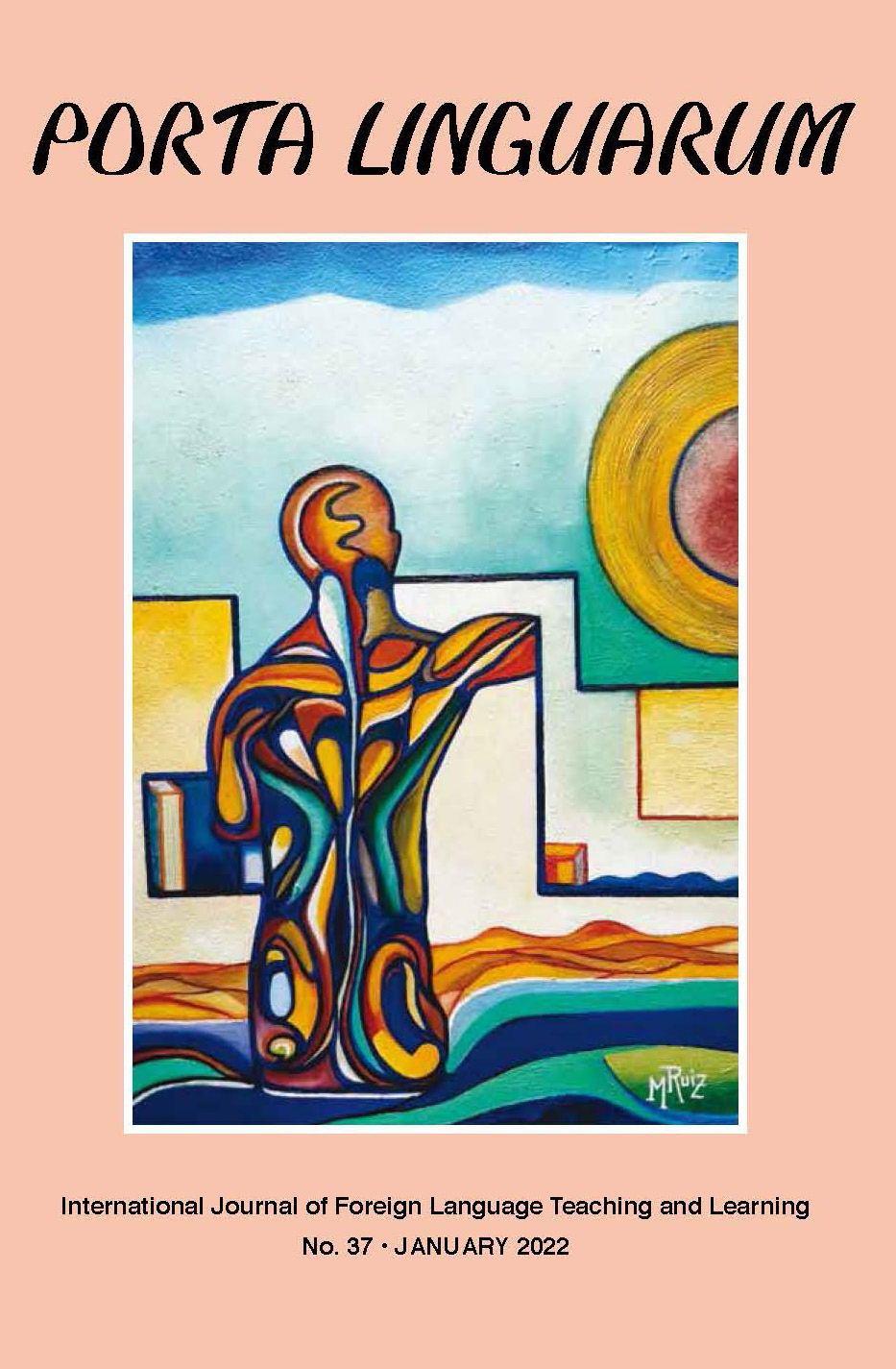La mejora en los errores léxicos de la expresión escrita en inglés como lengua extranjera mediante el uso de feedback correctivo automatizado
La eficacia del feedback correctivo automatizado
DOI:
https://doi.org/10.30827/portalin.vi37.20847Palabras clave:
ELAO, feedback, corrección autónoma, errores léxicos, corrector gramaticalResumen
El objetivo de este trabajo de investigación es reconsiderar el papel de las herramientas informáticas para proporcionar feedback sobre los errores de alumnos y mejorar su escritura. Este estudio, basado en el análisis de las versiones escritas y correjidas por programa de varias composiciones elaboradas por 33 estudiantes del Grado en estudios ingleses por una universidad española, nos llevó a la conclusión de que la tecnología puede ser una herramienta de gran utilidad en el proceso de enseñanza y aprendizaje en contextos de enseñanza a distancia. En este trabajo se vió que los estudiantes pudieron reducir significativamente el número de errores léxicos en sus composiciones mediante el uso autónomo de herramientas tecnológicas de corrección de errores y que, a lo largo del tiempo, los estudiantes mejoraron su capacidad para evitar tales errores. Sin embargo, el trabajo también demostró que ninguna herramienta tecnológica puede sustituir completamente a los profesores, ya que la programación informática es de momento limitada y hay errores que sólo los usuarios con conocimientos avanzados en el idioma pueden detectar y corregir.



















